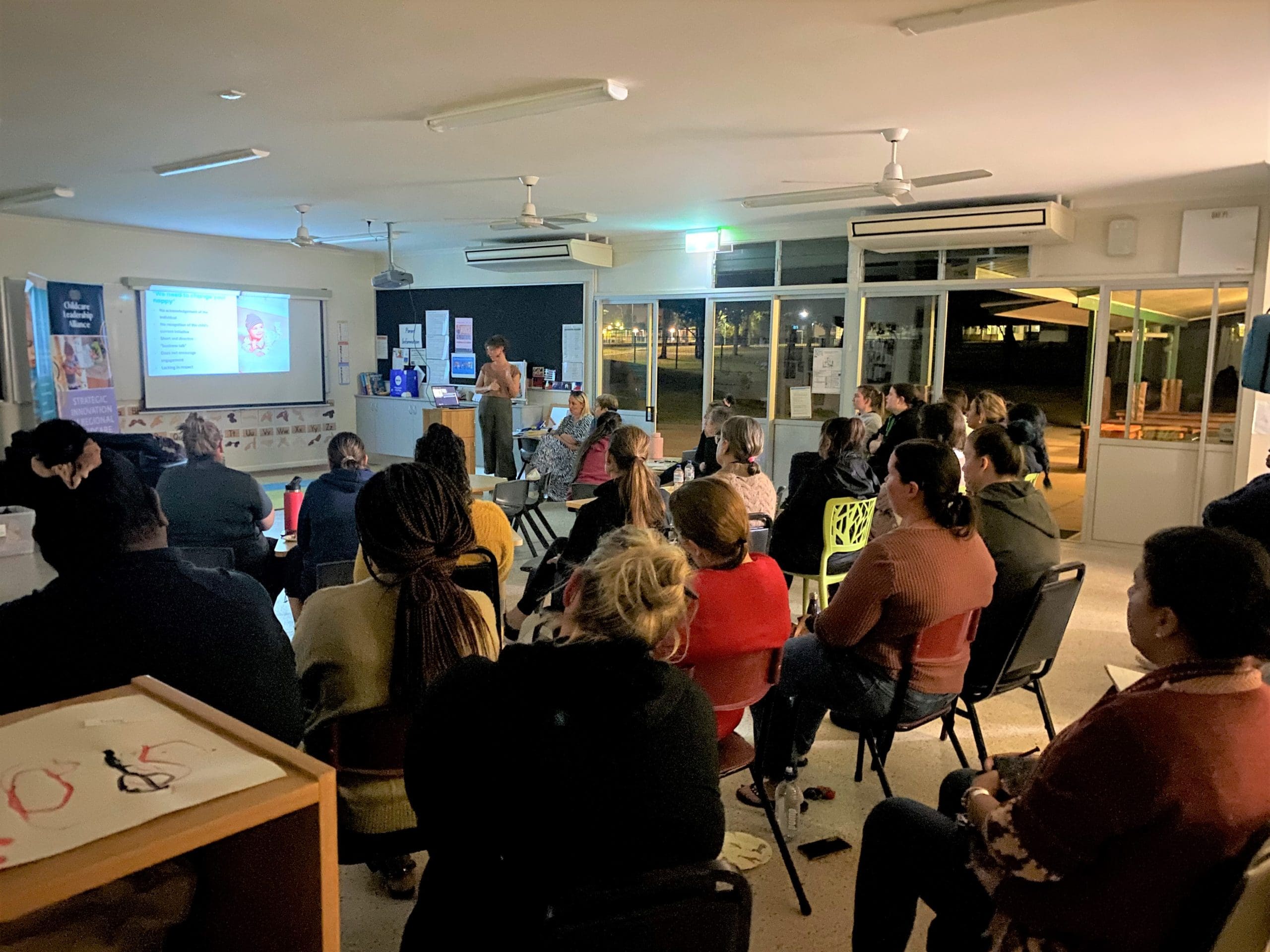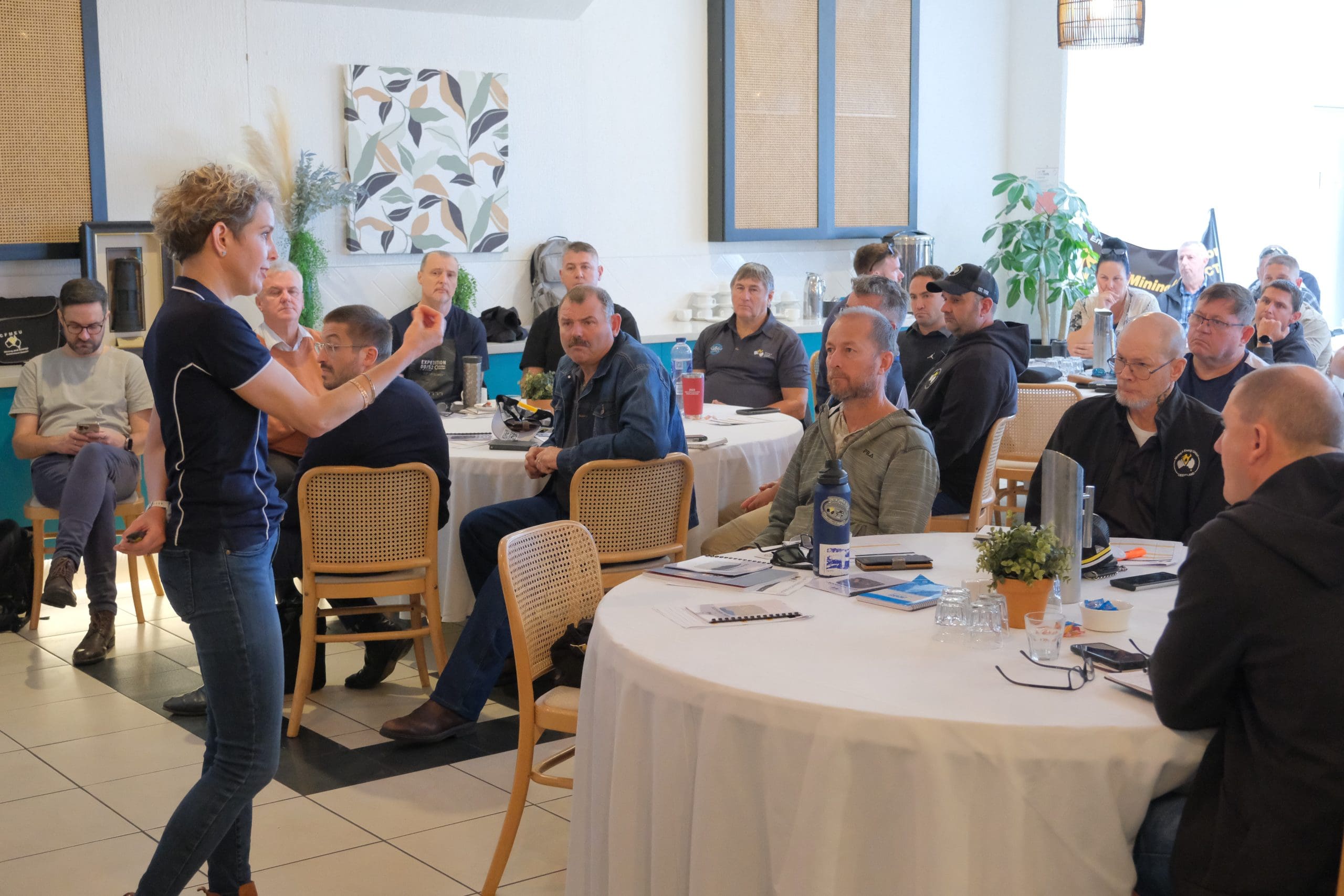A couple of the state’s biggest industrial consumers of drinking water are now saving thousands of litres every year thanks to some ground breaking technology.
Newcastle Coal Infrastructure Group (NCIG) has introduced a recycled water initiative at their Kooragang Island business. Working with water infrastructure company coNEXA, they purchase 275 megalitres per year of recycled water to use on-site for dust suppression and washing down industrial machines.
Another large business at Kooragang, Orica, also uses the technology.
coNEXA CEO Kurt Dahl said Orica had been a long-term user of their recycled water so they’re glad to see other businesses picking up on it.
“Orica were using about 5 percent of the Hunter’s drinking water consumption before they switched to recycled water and they use around 10 million litres of recycled water per day in peak times and they’ve been doing that now for many years,” he said.
The water used for the process is purchased by coNEXA from Hunter Water. It’s not as simple as taking the water, adding a chemical and then transporting it to Kooragang – there’s a long process involved.
“So, we take treated effluent that was otherwise on its way out to the Hunter River, we intercept that and over at Mayfield we have an advanced recycled water plant that uses two stages of membrane treatment for disinfection and also salt removal.
“Then before we send it over to NCIG, we also add another layer of disinfection through chlorine so by the time the water gets to Kooragang it meets all of the requirements in terms of the guidelines but also the way that the water is used here on site,” said Kurt.
Once the water gets to NCIG via an underground pipe network, they add chemicals back into it like calcium because the water ends up being too pure.
NCIG has about 1.25 million tonnes of coal on site at the moment but their working capacity is 4 million tonnes. They use about 900 megalitres per year of water for dust suppression and other purposes with just over half of that supplied by what they naturally catch onsite.
NCIG CEO Aaren Johansen said they made a commitment a couple of years ago to reduce their reliance on the region’s drinking water.
“We’re always looking for ways to operate sustainably and reduce our environmental footprint. When the region experienced drought conditions in 2018 and 2019, we knew we needed to do more to reduce our consumption of drinking water, so we invested in an alternative water source.
“Most of the water that we use on site is supplied through water that we capture, water that falls on site through rain but even so we are a significant user of household water so we felt we needed to do something.
“The recycled water can be distributed all around the site, but we mainly only use it for industrial purposes. Most of the water we use on site is for dust suppression, so we spray it on coal and for machine washdown so industrial uses and that is all around site,” Aaren said.
“We’re undertaking this project because we felt we needed to be a good corporate citizen and a good community citizen. We saw in the last dry period there were water restrictions in place and we didn’t feel it was sustainable for us to use drinking water for industrial purposes so we did this as a community initiative.
“To support the project, we have upgraded our Steel River production facility capacity from nine megalitres to 10.5 megalitres per day, ensuring more recycled water is available to meet the peak demands on the hottest days of the year, when it’s needed the most.”
Darren Cleary, the Managing Director at Hunter Water said they think the initiative from both Orica and NCIG is wonderful because the more everyone can do to save water, the better.
“It’s a win win.
“We’re talking hundreds of megalitres a year of potable water that is saved and every little bit helps. All of these things contribute to a more sustainable water supply so this is a really important project but so is everyone else doing what they can at home.
“We live in a highly variable climate and drought will return so they’ve had the foresight to ensure they plan for the future by putting this infrastructure in place,” said Darren.











